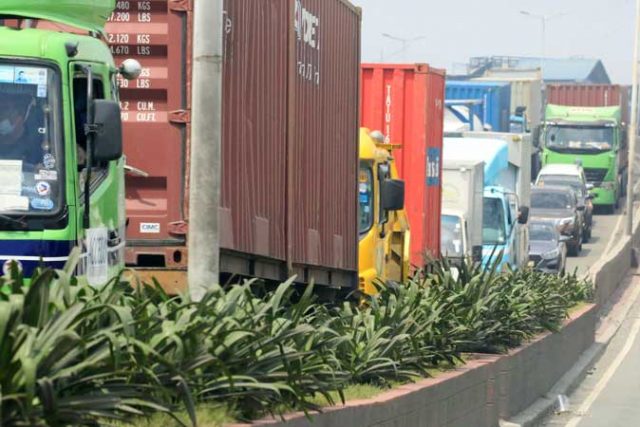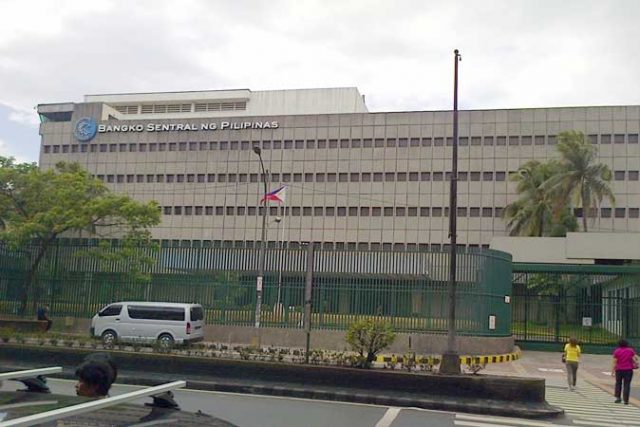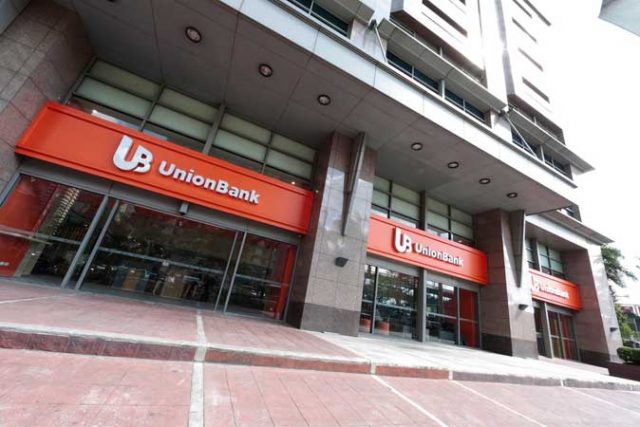Security Bank, MUFG Bank celebrate 5 years of cross-border alliance in the Philippine financial industry

Security Bank Corporation (PSE: SECB) and MUFG Bank, Ltd. (MUFG) celebrate five years of a strategic partnership that have allowed both banks to provide better financial services to Philippine corporate and SME communities.
The partnership, which started in 2016, began with global bank MUFG acquiring a 20% stake in Security Bank for Php 36.9 billion. Since then, the two lenders have capitalized on its partnership by bringing top-notch products and services to customers while enjoying the benefits of continued innovation in financial services.
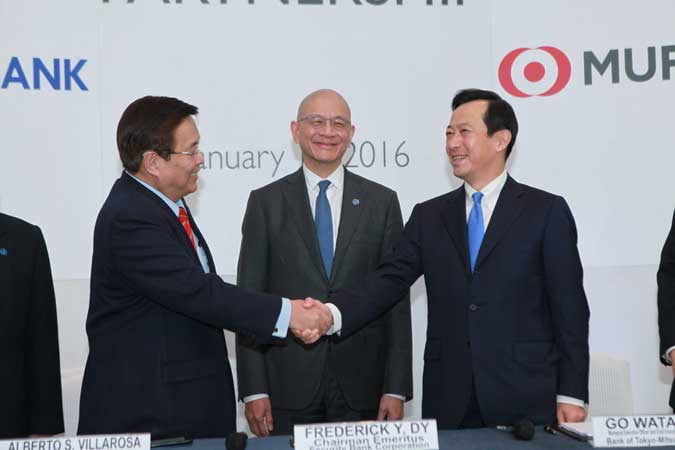
“Through our strategic alliance with MUFG, Security Bank is able to continue its mission of providing BetterBanking services, be it through the products we offer to our clients or through giving back to communities in the Philippines. We are thankful that MUFG is our partner in this journey of promoting economic and community development in the Philippines,” says Sanjiv Vohra, President and CEO of Security Bank.
“One of the primary reasons our partnership works so well is we are able to synergize our respective strengths and networks to better serve our clients and further contribute to the growth of the financial services industry,” said Yuichi Yamagishi, MUFG Country Head for the Philippines. “As we embark on the next leg of our journey together, MUFG stands ready to share its global network and expertise so that this cross-border alliance will achieve greater success for the Philippine business community and society.”
Bridging global expertise with local talent
MUFG and Security Bank’s strategic partnership has led to various business initiatives that bridged global expertise with local talent. Through MUFG’s global network, Security Bank was able to widen its horizons in various fields, which in return enhanced customer service and satisfaction.
In 2017, MUFG and Security Bank launched the Interbank Fund Management Service (IBFM) that allowed customers to enjoy cost-free remittances. Under the IBFM, MUFG acts as the settlement bank by funding and moving excess and deficit funds for collections and disbursements without any remittance cost.

The ties between Security Bank and MUFG were also seen in the promotion of investment in the Philippines to support economic growth. The two companies held Business Matching Fairs in 2017 and 2018 among their clients, which resulted in more than 200 meetings in each event. In 2018, Security Bank and MUFG signed an agreement with the Board of Investments (BOI) to promote investments in the country by linking Philippine and Japanese investors together.
In 2020, both banks continued to leverage on their combined networks and capabilities to collaborate on various initiatives, such as facilitating the joint venture between Security Bank and another of MUFG’s strategic partners, Bank of Ayudhya (Krungsri) of Thailand, through SB Finance, which is focused on innovating in the personal loan segment in the Philippines and extending novel financing solutions to the segments in need. Recently, Security Bank and MUFG also signed an agreement that will allow MUFG clients to gain access to Security Bank’s award-winning Cash Management System, DigiBanker.
Going beyond business partnerships
The benefits of the Security Bank-MUFG partnership go beyond business relations, as these also contribute to the community. In 2020, the two companies donated 100 million yen, or about Php 44 million, to the Association of Filipino students in Japan to support the education of those who are struggling with financial difficulties due to the COVID-19 pandemic.

“Now, more than ever, this partnership is important to us as we navigate the challenges of this current environment and the post-COVID-19 era whilst continuing to help not just businesses but the communities we serve,” adds Vohra.
Yamagishi says: “MUFG’s roots in Manila date back over 60 years and we are now one of the largest foreign bank branches in the country. It is incumbent on us to build on this heritage and together with Security Bank, we will continue to support our clients and contribute to our communities with purpose and conviction.”
On February 14, 2017, the two financial partners, together with SGV & Co. co-founder Washington SyCip unveiled the first Japanese garden at the heart of Makati Central Business District. The Japanese garden, named Tsuruki-En (Crane and Turtle) after the traditional symbols of long life, peace, and happiness, features a taste of Japanese culture and arts with its rustic landscape. The garden serves as a living symbol of the friendly relations and hearty cultural exchange between Japan and the Philippines
MUFG also partnered with Security Bank’s corporate social responsibility arm, Security Bank Foundation Inc. (SBFI) in 2018 to repaint some of the classrooms built by SBFI through its flagship CSR program, Build a School, Build a Nation: The Classrooms Project. Apart from that, the two lenders also joined hands in helping an orphanage in Bulacan by teaching them proper hygiene practices and refurbishing its garden to create a more conducive environment for children.
To find out more about Security Bank’s services and the world-class banking services of the MUFG network, you may visit www.securitybank.com or https://www.mufg.jp/english respectively. You may also visit Security Bank’s Facebook page at www.facebook.com/SecurityBank.




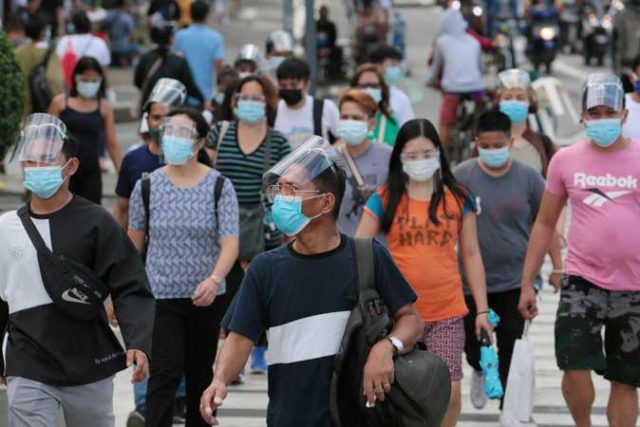
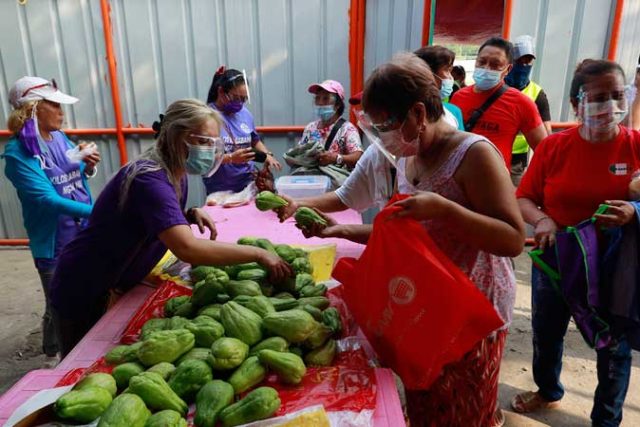


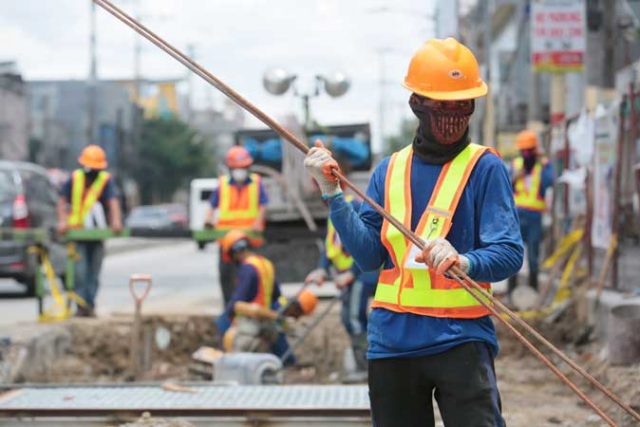
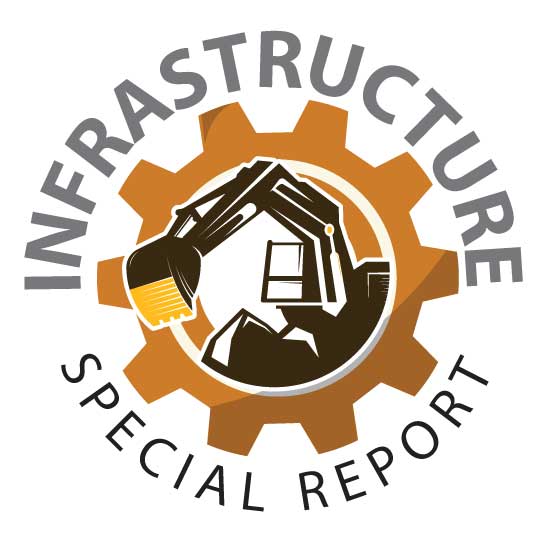 The government’s big plan was always to keep Congress in line by dangling “Build, Build, Build” (BBB) and its wealth of constituent-pleasing infrastructure projects over the legislators’ heads. This neat arrangement was upended when the 2019 budget was delayed by nearly four months, causing BBB projects to miss the dry-season construction window, single-handedly leading to that year’s economic slowdown and forcing the government to allow funds from that spending plan to be disbursed for an additional year. Then the pandemic hit in 2020, disrupting construction projects even more, and forcing the enactment of legislation extending the deadline to spend funds from that budget until the end of 2021.
The government’s big plan was always to keep Congress in line by dangling “Build, Build, Build” (BBB) and its wealth of constituent-pleasing infrastructure projects over the legislators’ heads. This neat arrangement was upended when the 2019 budget was delayed by nearly four months, causing BBB projects to miss the dry-season construction window, single-handedly leading to that year’s economic slowdown and forcing the government to allow funds from that spending plan to be disbursed for an additional year. Then the pandemic hit in 2020, disrupting construction projects even more, and forcing the enactment of legislation extending the deadline to spend funds from that budget until the end of 2021.